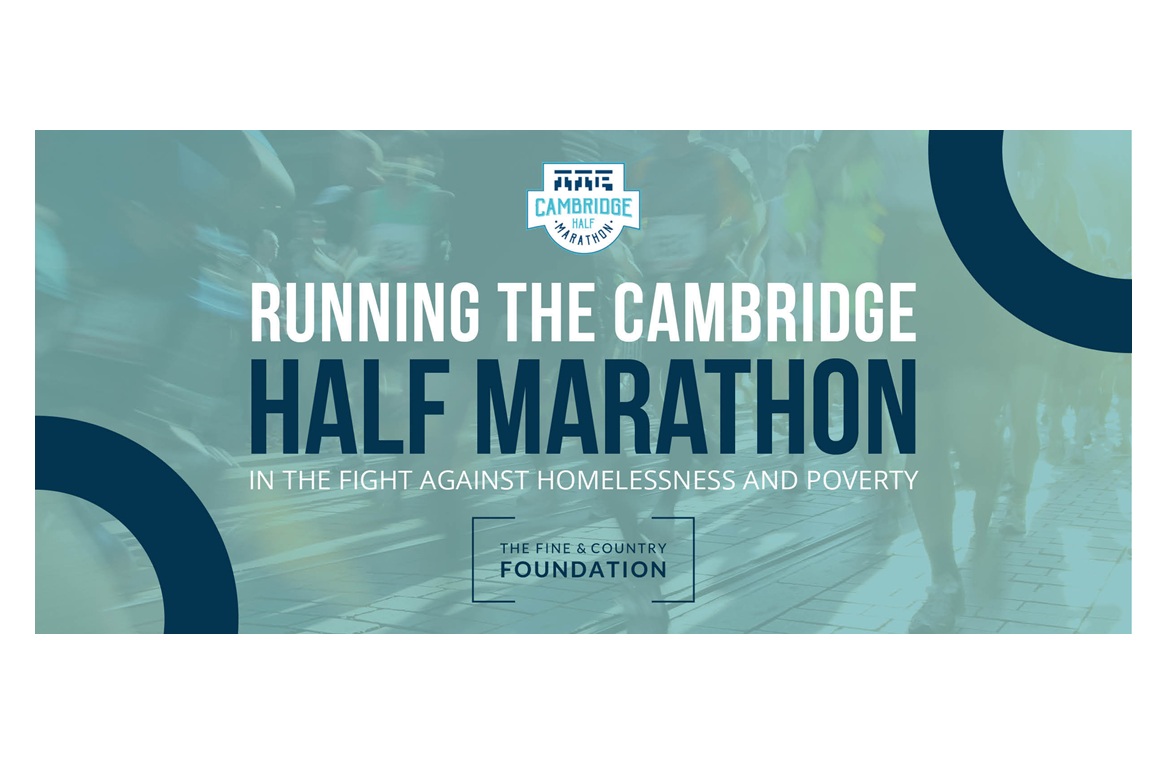Owen Redman goes through the Numbers of his company Roome
Luke Knight took the time to catch up with Owen Redman co-founder of Roome, for a deep dive into how this company is scaling up, where it came from and what problems it really solves.
What is Roome and who is Owen?
‘When starting university, Owen was driven to make money to support himself. While on placement and working night shifts at Tesco, his days were spent creating an innovative student housing platform, Roome.
A few months into starting his degree at the University of Bath, playing football in teams with the older students. Owen realised that if he hadn’t figured out where to live and with who, he would have had to commute from Bristol. Owen didn’t click with the people in his 14-person halls very well at all, bar one. This led him to start joining Facebook groups, but the problem was that although some people were looking for housemates, the majority were selling tickets, clothes, and all sorts. It then came to looking for a house, resulting in jumping between marketplaces that all had a subset of the property economy of Bath.
Roome began as a housemate matching site with student-friendly accommodation for lets. Owen set out to find out how big the business could be, how they could monetise it, and how they could build a business model out of it.
He would go to letting agents and private landlords by explaining that they were wasting 70% of their time on unsound leads (students not turning up to viewings, not full groups, students dropping out). However, this came with a number of problems.
Owen quickly realised that his marketplace was adding to the problem by creating another subset of properties for students to scroll through. Secondly, there was already a supply-and-demand imbalance. In most, if not all, cities, there are more students as there are properties. This meant, of course, that letting agents would sell the property at some point anyway. Roome didn’t solve their problem either.
Thirdly, scalability. Marketplaces are notoriously tricky businesses to build. If Roome needed to go to all the letting agents in the city. Building enough on the supply side of the marketplace would take months and months of runway and therefore cash that they didn’t have.
Owen began to look at how it was affecting universities, not just students and landlords. In August 2023, they had the University of Surrey come to them and say that they had 700 students coming through clearing but no halls of residence left for them.
Owen saw these students didn’t have a way to find housemates and accommodation off campus. This meant that universities were losing tens of millions in revenue from clearing alone. They can’t take on more students without the halls of residence.
Universities can continue giving offers if they have space on their courses, but if they have nowhere or way to house the students, it’s no surprise that these offers are often not accepted by the students.
Within 4 weeks of the university reaching out, they were able to help 500 students accept their places because they had accommodation and housemates.
The Numbers
The university paid them £50,000 for their service.
They called all 500 students and asked whether they would have accepted their place at the university if they didn’t have Roome. 350 students said no. Roome just saved the university £3.5 million in 2 weeks of work.
After doing some research, they found universities actually had a really large monetary problem with clearing and dropout rates. Each university loses 6.4% of their students every year due to housing problems, costing them anywhere between £1 and $25 million per year in revenue relative to the size of the university.
By solving this problem and working with the universities directly, Roome didn’t need to compete for student demand like other marketplaces.
They realised that a housemate matching app model still worked. Uni’s and students wanted that. However, instead of working with landlords and agents, they built the tech to aggregate all accommodation from all marketplaces so that they no longer needed to speak with landlords. A bit like a Skyscanner for student accommodation. This was a win for marketplaces too, as it provided another marketing funnel for leads. Students have access to property information across all of the marketplaces, and Roome brings students to each marketplace through link clicks, a win for students, universities, and marketplaces that work directly with accommodation providers.
Now the business is just 4 years old. For the first 3 and a half years, they knew that there was a problem, but they didn’t know what the best way to monetise and scale was.
So where could Roome go now they have figured out a sustainable and scalable model? There are around 300 higher education institutions in the UK: universities, dance colleges, etc. At an average of £100k per year contract, they would reach £30 million ARR.
Roome’s strategy is to employ a land grab style play where they’re offering it free for all universities for the next academic year to facilitate growth.
So far this year has really been about streamlining all processes and getting the tech to really solve all the problems for people to pay for them. Having just closed a £250,000 angel round and another circa £250,000 over the past 3 years. Expenses have predominantly been made up of development, salaries, as well as subscription fees for SAAS tools, servers, and legal fees too. Their monthly burn rate is around £12,000-£14,000 per month.
Roome currently has three people working full time with the ambition to hire two more later this year. Owen and his co-founder, James Buck, are focusing now on marketing and sales. With their new tech in place, getting universities on board and students using their service is now their priority. With their new hires, Roome’s burn rate will increase to around £20,000 per month.
Lessons so far from building Roome
Distribution and simple expansion are key; Owen mentioned that the light bulb came the moment they figured out the solutions to the previous Roome model. If they wanted to launch in a new city with the previous model, the cost of building relationships with letting agents and landlords and marketing for the launch would cost a lot. Owen guessed around £50,000 to get both sides of the marketplace participating in organic transactions in a new city.
With the model Roome uses now and their new tech, they can scale to new cities in 10 minutes. Universities are happy to promote the service as it benefits both universities and students alike, and combined with paid marketing, Roome will maximise the student user base.
Next steps for Roome
Once they have the contracts with the universities, the plan is to start to monetize the students. How? By implementing additional services and offers such as bill splitting, Roome will make up to £120 per year per student from their bill splitting partner by facilitating the students setting up bills through the Roome platform as a lead generator.
Currently in a shared house, it’s common for one student to be responsible for setting up and paying for all of the households utility bills, and they are solely liable for the charges incurred if other housemates don’t pay, causing them to constantly chase the other housemates for their money each month. With bill splitting, not only is it easy to set up all bills together, including gas, electricity, and Wi-Fi, but all housemates are liable to pay only their own share of the household bills.
With over 660,000 houses of multiple occupancy for students across the UK, this adds £79.2 million in ARR (at 100% penetration) solely in bill splitting.
With plans to implement other revenue streams such as graduate recruitment, a discount model, and partner referrals, Roome’s model of being paid by universities to build a user base of students that then generates a far larger revenue opportunity is exciting.
Having recently travelled to the US for a university conference, it’s clear that Roome’s value proposition does not stop in the UK, with the US market facing very similar problems.’
 For more information about Roome, use this LINK.
For more information about Roome, use this LINK.
This excellent article first appeared recently in Luke Knight’s Numbers to read more and catch up on other companies, please use this link Numbers.







